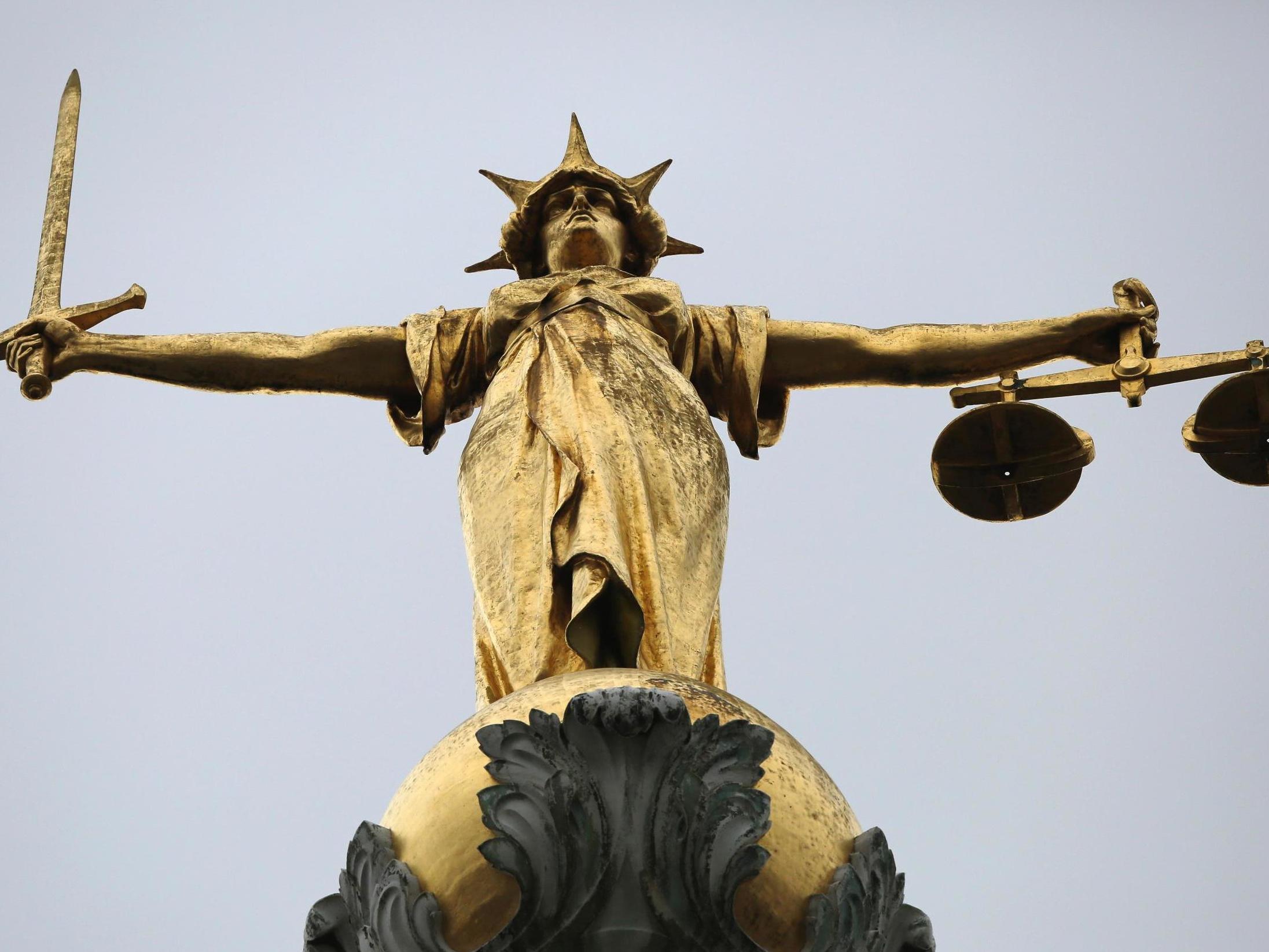Only 7 per cent of crimes prosecuted in England and Wales as figure hits record low
New guidance means even fewer criminals will be charged
The number of crimes prosecuted in England and Wales hit a record low last year, figures have revealed, with even fewer criminals being charged since then because of the coronavirus lockdown.
Only 7.1 per cent of the offences recorded by police resulted in a charge or summons in 2019, down 8.3 per cent – 47,300 offences – on the previous year.
The figures were released amid warnings that the criminal justice system is going into “meltdown” because of the Covid-19 outbreak.
With half of courts closed and those still operating hearing urgent matters only, many trials have been delayed indefinitely and a backlog of at least 38,000 criminal cases is mounting.
Guidance issued by the Crown Prosecution Service (CPS) last week said the unprecedented circumstances must be considered when deciding whether charges are “in the public interest” or “a proportionate response”.
Prosecutors may now discontinue proceedings or stop cases by offering no evidence against defendants, or accept guilty pleas to some charges — or less serious ones — to avoid trial.
They can also choose to refer cases back to police to be dealt with using fines, cautions or community resolutions, which do not require a court hearing.
The CPS said the change would not affect “most” serious or violent types of crime, which will still be deemed in the public interest to prosecute.
According to the new figures, only 1.5 per cent of recorded rapes were prosecuted in 2019, 3.3 per cent of all sexual offences, 7 per cent of violent incidents and robberies, and 5 per cent of thefts.
The highest proportion of charges were for weapons possession, standing at 35 per cent, followed by drug offences at a quarter.

Campaigners have said the response to rape amounts to a “decriminalisation” of the crime, amid controversy over demands to see victims’ mobile phones and personal records.
Yvette Cooper, chair of the Home Affairs Select Committee, said: “It’s extremely concerning that the number of crimes resulting in a charge has fallen again.
“Public confidence in the criminal justice system can’t be sustained if fewer crimes are dealt with each year. It is particularly worrying that the charging rate for rape is so low.
“Victims of rape must be supported in coming forward and need to have the confidence that perpetrators will be prosecuted and convicted.”
Last Tuesday, High Court judges refused permission for a legal challenge over allegations that the CPS had encouraged prosecutors to remove “weak” rape cases from the system – which it denies.
The authority said it does “not hesitate to prosecute” cases that meet its legal tests, and considers any crime referred by the police.
“The drop in the number of cases going to court mirrors the reduction in files passed to us from the police,” a CPS spokesperson added.
“At the same time, we are seeing more complex cases, as well as increasing volumes of digital material which can lead to longer investigations.”
More than 12,000 phones and other digital devices are currently being held by police in England and Wales, and some forces admitted that examinations can take more than a year.
Officers have accused the CPS of demanding greater amounts of digital material in the wake of a 2017 scandal over a series of rape trials that collapsed when crucial evidence was discovered late.
While the number of police officers has fallen by more than 20,000 since 2010, the CPS has also been hit by budget cuts and announced plans to hire 400 more prosecutors earlier this year.
In December, the government announced a new royal commission on the criminal justice system that it said would deliver a “fundamental review of key issues” and “make it more efficient and effective”.
A Downing Street document made no mention of the budget cuts imposed on police and the Ministry of Justice since 2010, which are now starting to be reversed.
Boris Johnson pledged to recruit 20,000 extra police officers in three years, but the drive has been hit by the coronavirus, which has forced the closure of training and assessment centres.
Police leaders have insisted their response to crime is “business as usual” despite staff absences caused by the coronavirus, after overall reported offences falling by 28 per cent year-on-year during the early weeks of the lockdown.
